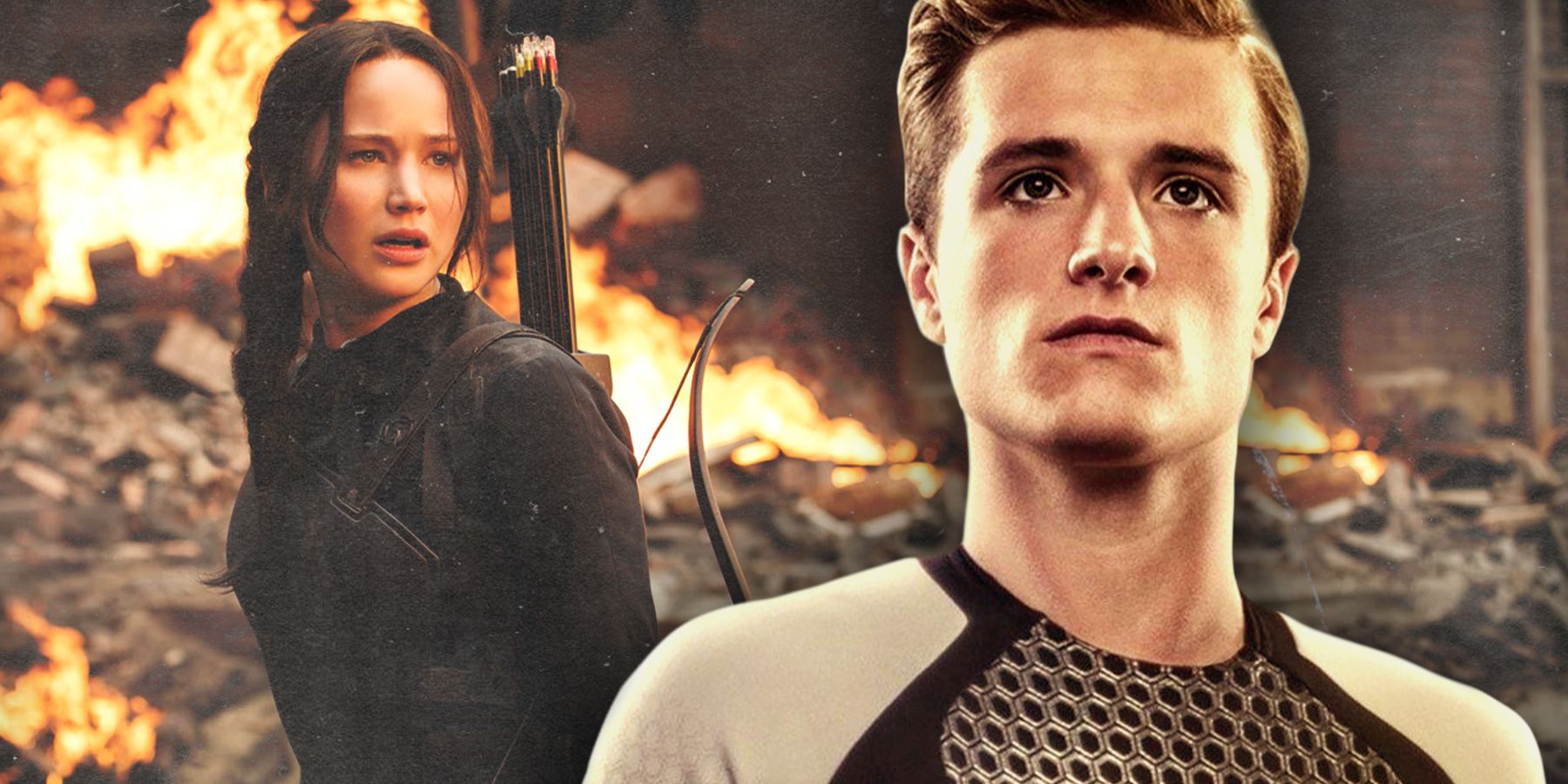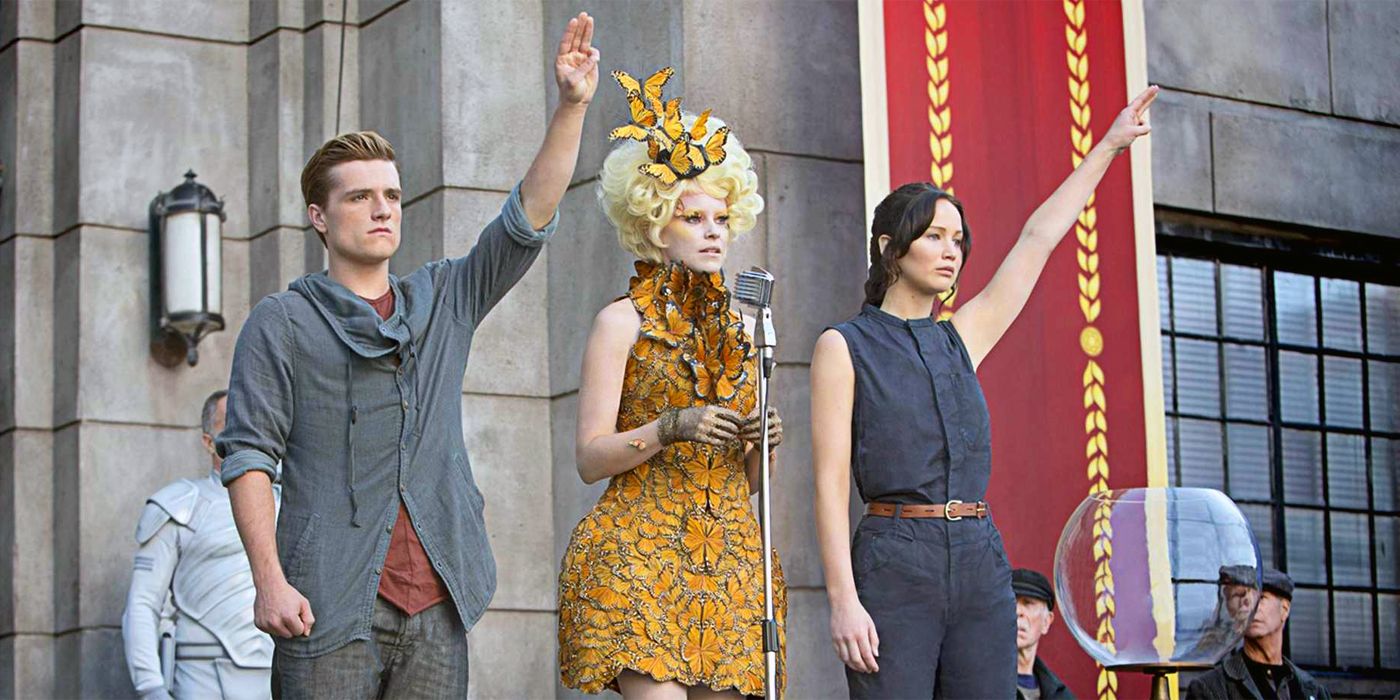Titles are often tied to the main events in films. The Hunger Games is no different. Throughout its four installments, The Hunger Games franchise revolves around the 74th to 76th Hunger Games where teens kill each other for survival until there's one winner left. Katniss and Peeta challenged the Capitol and won in the first game. Their victory eventually led to a war between the 12 Districts and the Capitol. The Mockingjay becomes the symbol of the Rebellion, thus explaining the third and fourth film's shared title. Catching Fire, on the other hand, is less clear.
As the franchise gravitates to the war, "Catching Fire" is symbolic of what was happening beyond the Arena. When Katniss and Peeta won the 74th Hunger Games, they gave the people of the 12 Districts hope. And even though President Snow throws them back into the Quarter Quell, he is unable to stop the fire from spreading, which eventually leads to a full-blown war. The name Catching Fire seems fitting to describe the main event of the sequel.
The Book Clarifies Catching Fire's Symbolic Meaning
Unlike the dashing, game-oriented movie adaptation of Catching Fire, the book clearly states where the title comes from. At the beginning of the novel, President Snow visits Katniss and says to her, "Katniss Everdeen, the girl who was on fire, you have provided a spark that, left unattended, may grow to an inferno that destroys Panem." The line didn't make it into the film, but the fire, which Snow talks about, refers to the Rebellion and echoes his previous discussion with Seneca Crane in the first movie that the game's purpose is to give people hope.
Too much hope will give the Districts the courage to rise up against the Capitol. That's what "Catching Fire" means, and seeing Katniss and Peeta successfully challenge the Capitol's authority does exactly that to the Districts. The Rebellion has been in motion since Katniss and Peeta won the 74th Hunger Games, despite what Katniss chose to believe.
Catching Fire Shifts Its Focus to the Rebellion
In the film, there are hints and traces of the Rebellion's rising: a bloody Mockingjay symbol on the side of the tunnel on their way to the Capitol. Prim telling Katniss that she and their mom are on her side. Gale hinting that there have been talks. The fire Katniss started is spreading, and although the Quarter Quell is the most obvious event, it is no longer the most important one. Instead, it is the rising of the Rebellion.
The tributes, who are reaped from the winners of the past Hunger Games form a secret alliance. President Snow aims to put out the fire by using the game to kill Katniss and Peeta in the Quater Quell. Instead, the fire infuriates the Capitol with the game's maker being the mastermind of the Rebellion. The fire is catching, and Quarter Quell is the catalyst that put the war in motion. Just like the obscurity of its title, Catching Fire is about what is happening beyond the Arena.
The Hunger Games franchise is available to stream on Prime Video.


